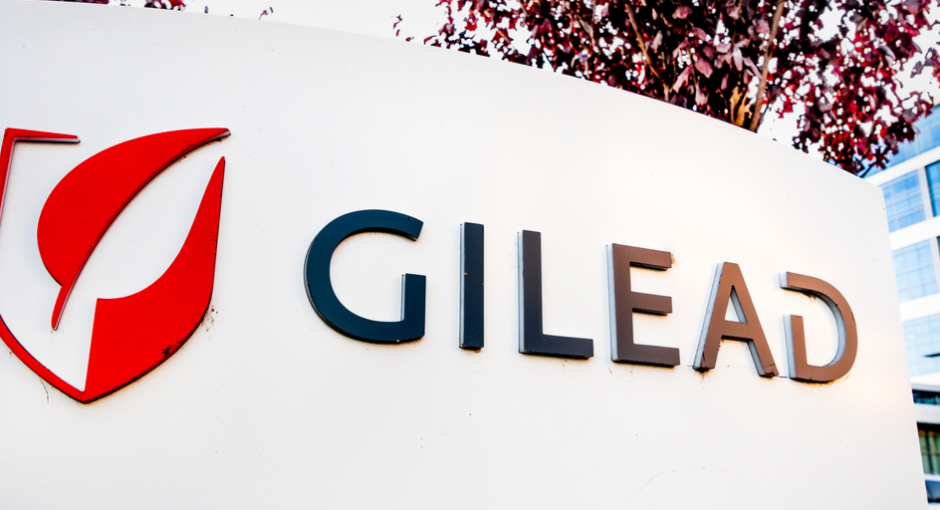340B covered entities are exploring buying health insurance for patients at risk of contracting HIV in response to a huge reimbursement cut due to start in January for Gilead pre-exposure prophylaxis (PrEP) medications.
Gilead announced in April that, effective Jan. 1., it will reduce reimbursement for 340B pharmacies for its PrEP drugs Truvada and Descovy that uninsured patients get for free through the company’s Advancing Access patient assistance/medication assistance program. The new rate will be acquisition cost plus an $80 administrative fee and a $2.75 dispensing fee, compared with current reimbursement by Gilead at full retail price.
The new, lower acquisition cost reimbursement level will be even for purchases at non-340B prices. Pharmacies seeking a higher rate of reimbursement would have to file an appeal with supporting documentation. Gilead will also require pharmacies to become part of a participating network.
Industry observers say the new policy could cut 340B reimbursement by $1,200 to $1,500 per bottle of medication, or up to $18,000 a year per patient. The rules have raised concerns that the payment changes will lead to a catastrophic loss of revenue for many covered entities.
Glen Pietrandoni, vice president of patient and community advocacy for Avita, a national pharmacy services organization with expertise in the 340B program and HIV, PrEP, STI, and LGBTQ+ care, believes that STI and Ryan White clinics will be hit hardest by the change.
“They have been using this program knowing funds have been generated to support their program, and those revenues are going away,” Pietrandoni said.
Telehealth Option Vulnerable
Jennifer Lockwood, CEO of Ravin Consultants, a national 340B consulting firm, said her covered entity clients have between 20% and 60% of their patients using Gilead PAP for care. The loss in fees may force them out of programs such as Mistr, where patients can obtain a PrEP prescription through a telehealth consultation. Typically, the covered entities use 340B funds to pay for the Mistr service.
“We have been working with them to find alternatives and to create new budgets based on the lost savings,” Lockwood said.
One option for covered entities heavy on PrEP patients is to purchase commercial insurance for their patients through the state and federal health insurance exchanges using 340B reimbursements. Patients would then have their costs defrayed under Gilead’s co-payment assistance program, which is not being changed, while the covered entity would be reimbursed by the insurer.
“Avita (has) provided a strategy to help covered entities mitigate the impact. The overall strategy is to help covered entities’ Advancing Access patients explore options to pay for commercial insurance, eliminating the dependency on Advancing Access, while their prescriptions will remain 340B eligible,” the organization said in a statement.
A recent webinar conducted by Avita suggested that the monthly premium would be less than the upfront cost of obtaining PrEP drugs.
Avita is partnering with Pride Life Insurance, a health insurance brokerage in Baton Rouge, La., to aid covered entities that wish to pursue this strategy. Avita and Pride Life will provide reporting to monitor patient adherence and how the covered entities are faring financially under such a plan.
Limited Opportunity Time to Make Changes
“Covered entities do not have a lot of time to pursue this strategy,” Avita said. “Open enrollment for the healthcare.gov and state exchanges begins next month and ends between mid-December and late January, depending on state rules.”
Barbara Straub Williams, a principal with the Powers Pyles Sutter & Verville law firm in Washington, D.C., said the impact on covered entities will vary considerably.
“Some 340B covered entities have a significant number of patients on the PAP/MAP program, others not so much,” she said. “Some covered entities already bill Gilead at their average actual cost. So, the impact will vary.” Williams also believes that while some pharmacies will focus on submitting batch appeals efficiently, larger pharmacy chains will likely not wish to pursue such a strategy.
Gilead: Our Commitment to 340B Has Not Changed
Gilead said it remained committed to 340B. “Changes to the PAP/MAP program should not have any impact on 340B contract pharmacy relationships,” it said in a statement to 340B Report. “With the recent proliferation of misinformation regarding Gilead’s participation in the 340B program, it would be helpful to clarify for readers that our commitment to participating in the program has not changed.”
“We have seen a strong response from retail pharmacies as we engage with them regarding the PAP/MAP program updates,” Gilead said. “Multiple pharmacies have already signed the participation agreement and we expect more pharmacies to participate as we approach the end of the year.”
Gilead said that any patient who receives their drugs from a pharmacy that declines to participate can receive the medicines via mail or through another pharmacy. It said it “will communicate with patients directly to support that transition before the end of the year.”


